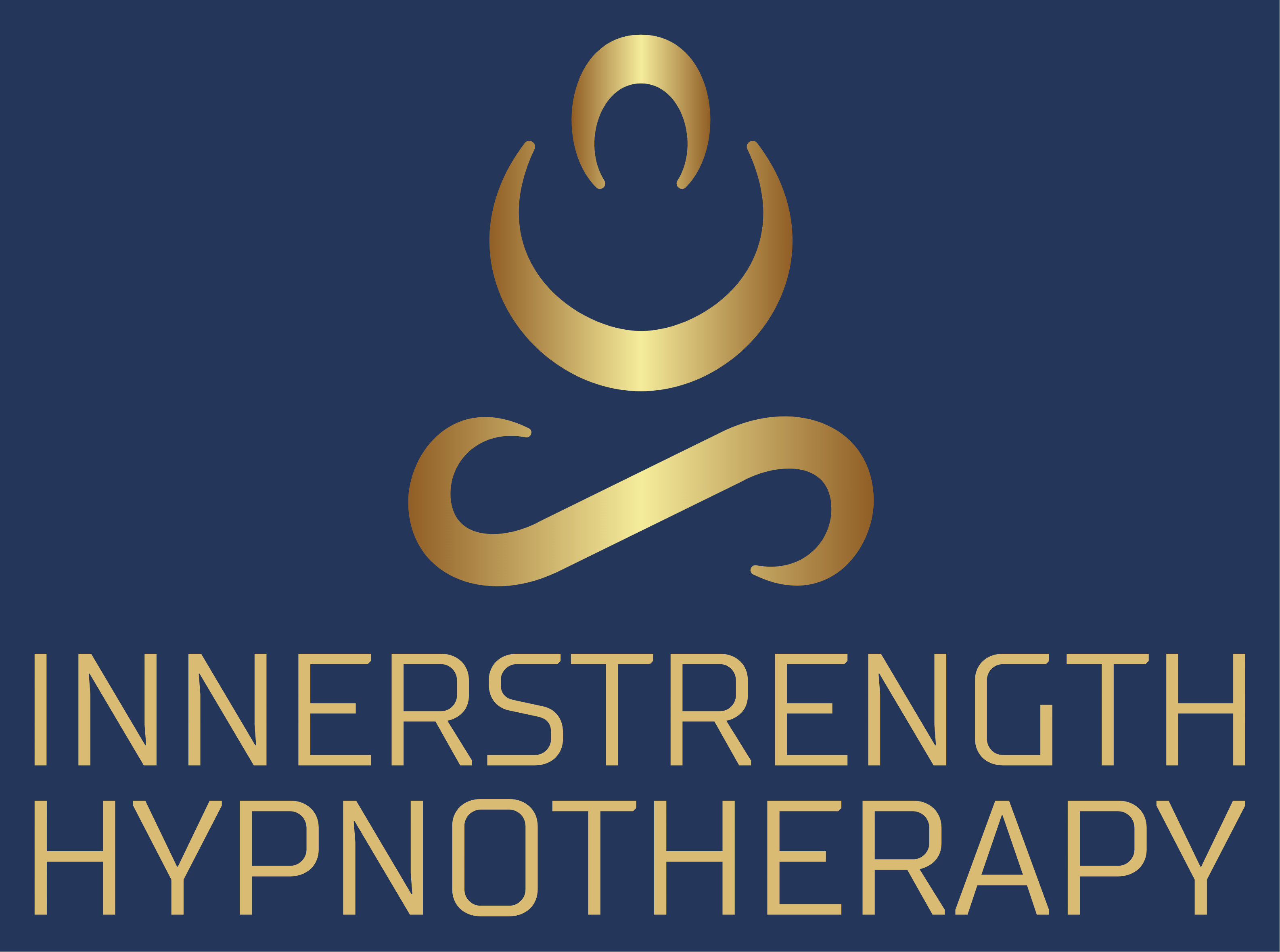Inner Strength Hypnotherapy provides effective treatment for reducing stress in the subconscious mind.
Strategies For Managing Stress
1. Work out priorities
Keep a list – make the tasks realistic. Priorities the tasks in order of importance and tick off when done. Include the important people in your life as priorities and attend to those relationships.
2. Identify your stress situations
Make a list of events that leave you emotionally drained, with one or two ways to reduce the stress for each. When they occur, use them as an opportunity to practise your stress reduction techniques, then keep notes on what works for next time.
3. Learn to reframe statements: Don’t react to imagined insults
It is a waste of time and energy to be oversensitive to imagined insults, innuendo or sarcasm. Give people the benefit of the doubt, talk over the situation with someone you can trust. They may have another view on what has been said.
4. Think before you commit yourself to other people’s expectations
We can often perform tasks merely to feel accepted by other people. Practise saying “NO” to requests that are unreasonable or more than you can handle at the time – rather that suffer subsequent regrets and stress. Consider whether you should learn to rely less on the approval of others, again, talk it over with someone you trust.
5. Move on: Don’t dwell on past mistakes
Feelings of guilt, remorse and regret cannot change the past and they make the present difficult by sapping your energy. Make a conscious effort to do something to change the mood. Ie: mindful technique or something active you enjoy) when you feel yourself drifting into regrets about past actions. Learn from it and have strategies in place for next time. Learn to forgive yourself for past mistakes.
6. Learn to defuse anger and frustrations rather than bottle them up
Express and discuss your feelings to the person responsible for your agitation. If it is impossible to talk it out, plan for some physical activity at the end of the day to relieve your tensions. Let go of grudges – they do not effect the potential victim because she or he doesn’t necessarily know about them. However the grudge-bearer pays a price in energy and anxiety just thinking of revenge.
7. Set aside time each day for enjoyment and exercise
Gentle repetitive exercise such as walking, swimming, yoga, meditation are good to relieve tension and stress. The trick is to find something that suits you best. Hobbies that focus attention are also good stress relievers. Take up a new activity unrelated to your current job. Something that gives you a sense of achievement and satisfaction. Establishing new friends in your newly found interest will help to motivate you to do the activity and give you sense of belonging.
8. Take your time on the road. Don’t be an aggressive car driver
Develop a comfortable and fair approach on the road. Drive defensively and way to bullies. Near misses can cause stress, so does the fear of being caught for speeding. Using a deep breathing exercise when driving can keep you calm in any situation.
9. Think positively – you get what you expect
Smile whenever possible- its an inexpensive way of improving your looks and how you feel. Try and find something positive to say about any situation especially those you normally find difficult. You may be surprised by the new outcome.
STRESS MANAGEMENT TIPS
Refuelling tips: Vitamin B is good for the nerves; this is found in vegetables, wholemeal bread, beans, dairy produce, and eggs.
Natural foods help the immune system: fresh vegetables and fruit, whole grains some protein and olive oil or vegetable oil.
Some foods are particularly good for stress relief:
Bananas, Mackerel, Marmite, Chillies, Citrus fruits, Wholemeal bread, Oats, Brazil nuts, Lettuce, and Leafy green vegetables.
Processed foods are NOT good for you; they tend to be high in sugar, white flour, saturated fats, and artificial additives (E numbers). Too much sugar and salt can cause ill health and mood swings.
When you eat is also important:
If you miss a meal, especially breakfast, blood sugar levels fall so low that the brain can’t function properly; you may feel irritable and have more accidents or even faint.
Always stop to eat, even it it’s only for ten minutes. Make sure you chew your food properly and enjoy it. Eating in a rush can trigger the release of stress hormones as well as causing indigestion.
Avoid excessive over eating, seesaw dieting and constant comfort eating.
Fluids: You must drink 8 glassess of water a day. Water allows the kidneys to flush out excess hormones and toxins. It helps prevent serious illnesses and slows down the ageing process. It has even been seen to help remove wrinkles!!!
Caffeine: is a stimulant and triggers a stress response in the body, Tea contains caffeine as well as coffee, but it has some positive benefits, so can be drunk in moderation.
Alcohol: in small amounts can be relaxing, if however, you drink more than the recommended limits (3-4 units per day for a man and 2-3 for a woman) your health is at serious risk and the “down” that follows the “high” is an accelerator for stress and can cause depression.
Smoking: well…you guessed it…it’s bad news. Toxins in smoke, not to mention the additives to the tobacco, raise the heart rate and cause stress to the entire body. Like caffeine, there is a short-term lift, but a long term low, the low then makes you need another cigarette, and the cycle goes on.
You may also find it helps if you can manage your time more effectively. Here are some useful time-management ideas for your working environment:

